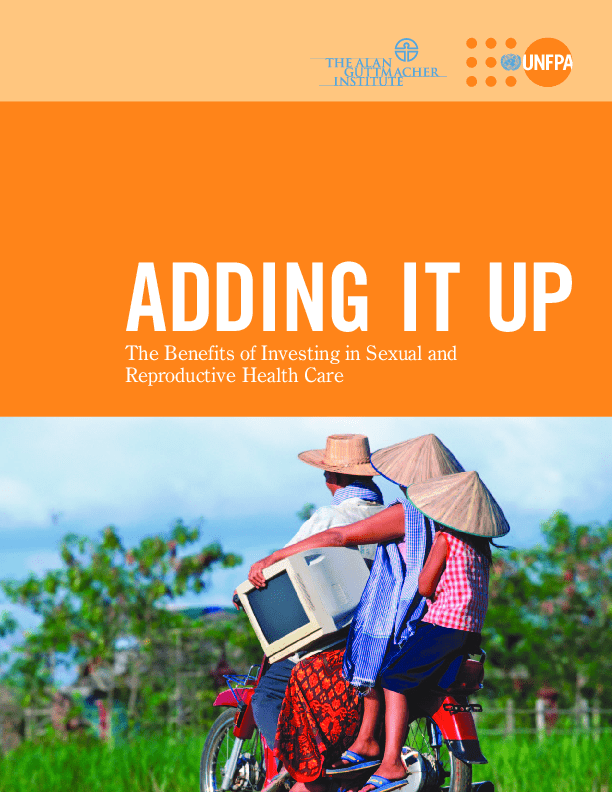Sustained and increased investment in sexual and reproductive health services in developing countries promises
tremendous benefits to women, families and societies. In addition to improved health, sexual and reproductive
health services contribute to economic growth, societal and gender equity, and democratic governance. To better
appreciate the substantial returns on sexual and reproductive health investments, policymakers need both a fuller
accounting of these broad benefits than has been available to date and more complete information about costs.
Sexual and reproductive health services encompass three main areas: contraceptive services, maternal health
services and services related to sexually transmitted infections (STIs), including HIV/AIDS, and other gynecologic
and urologic problems. Their benefits fall into two large categories—medical and nonmedical.

